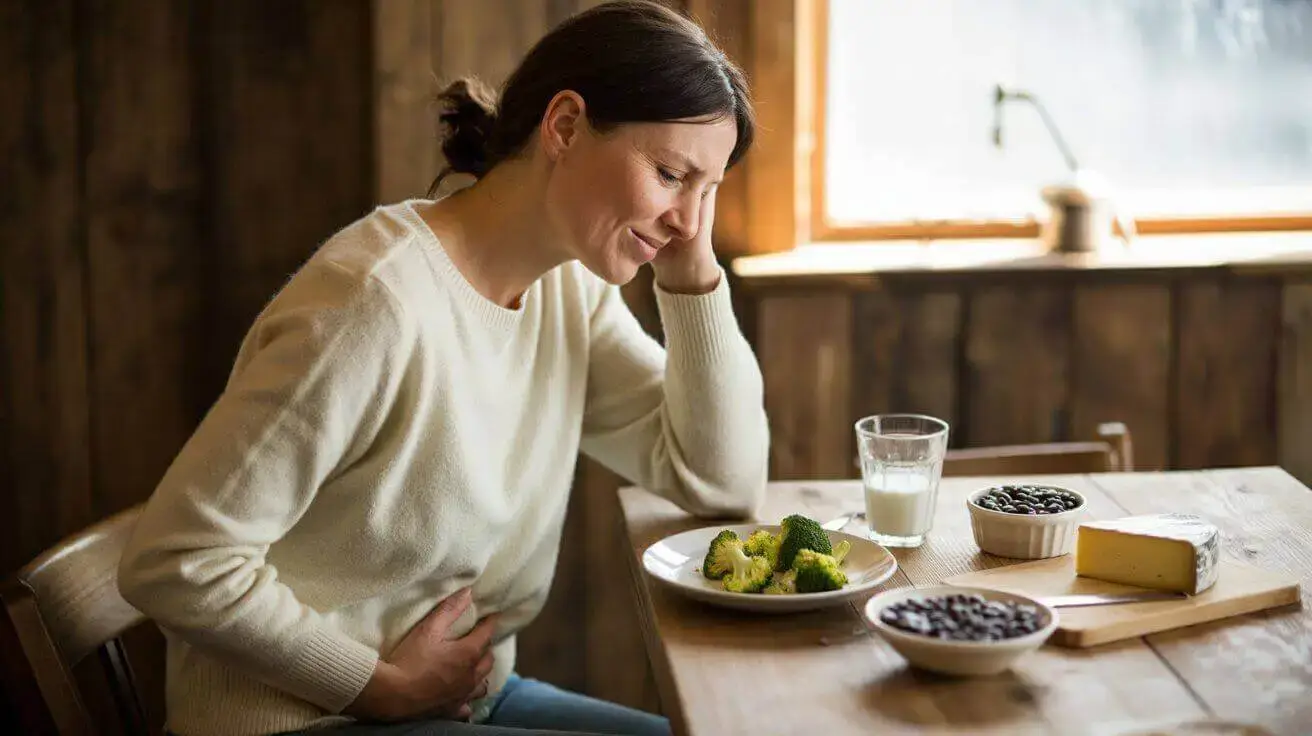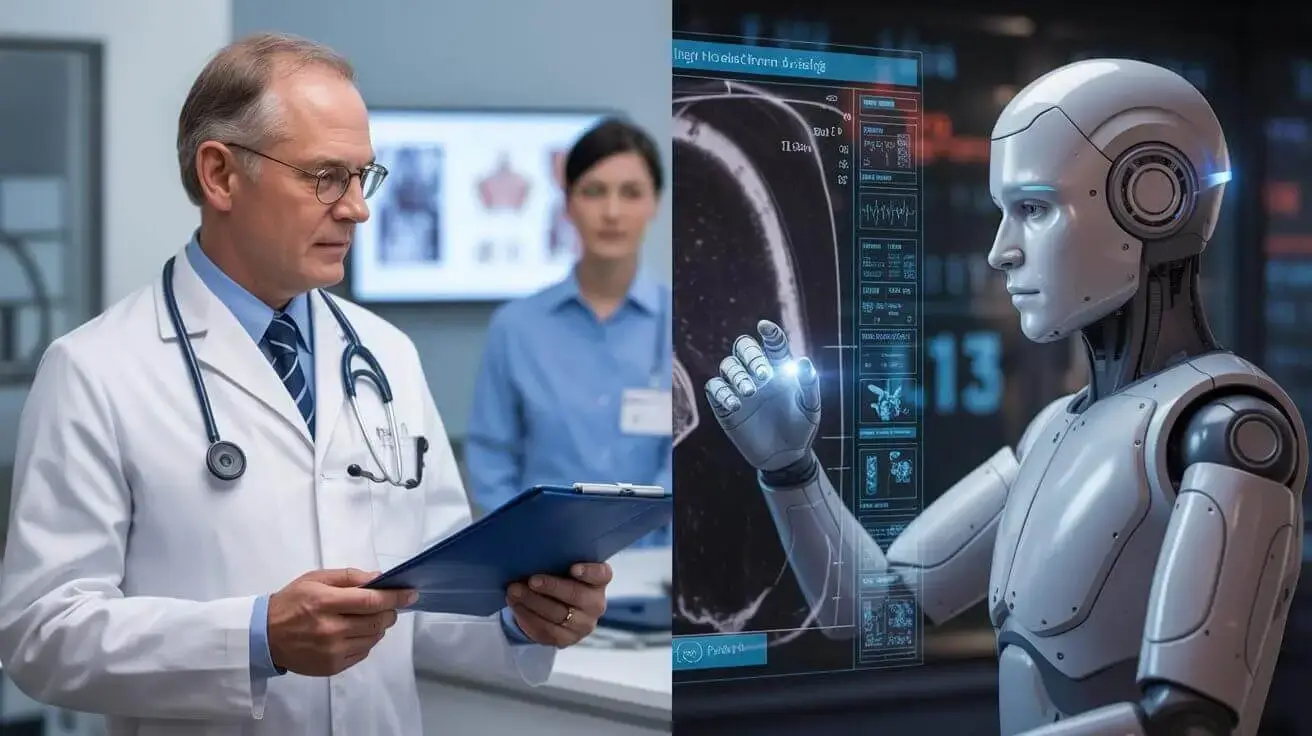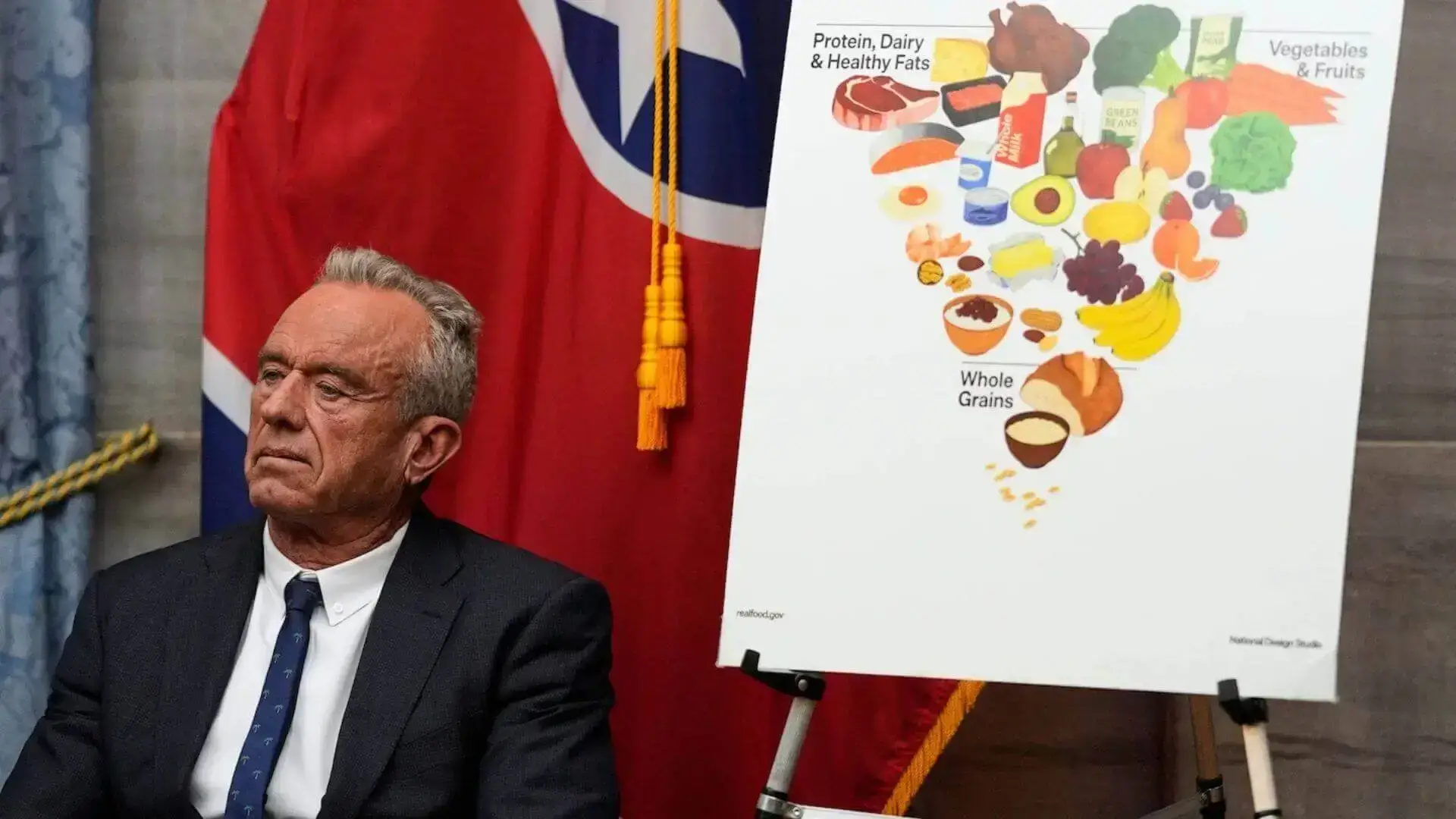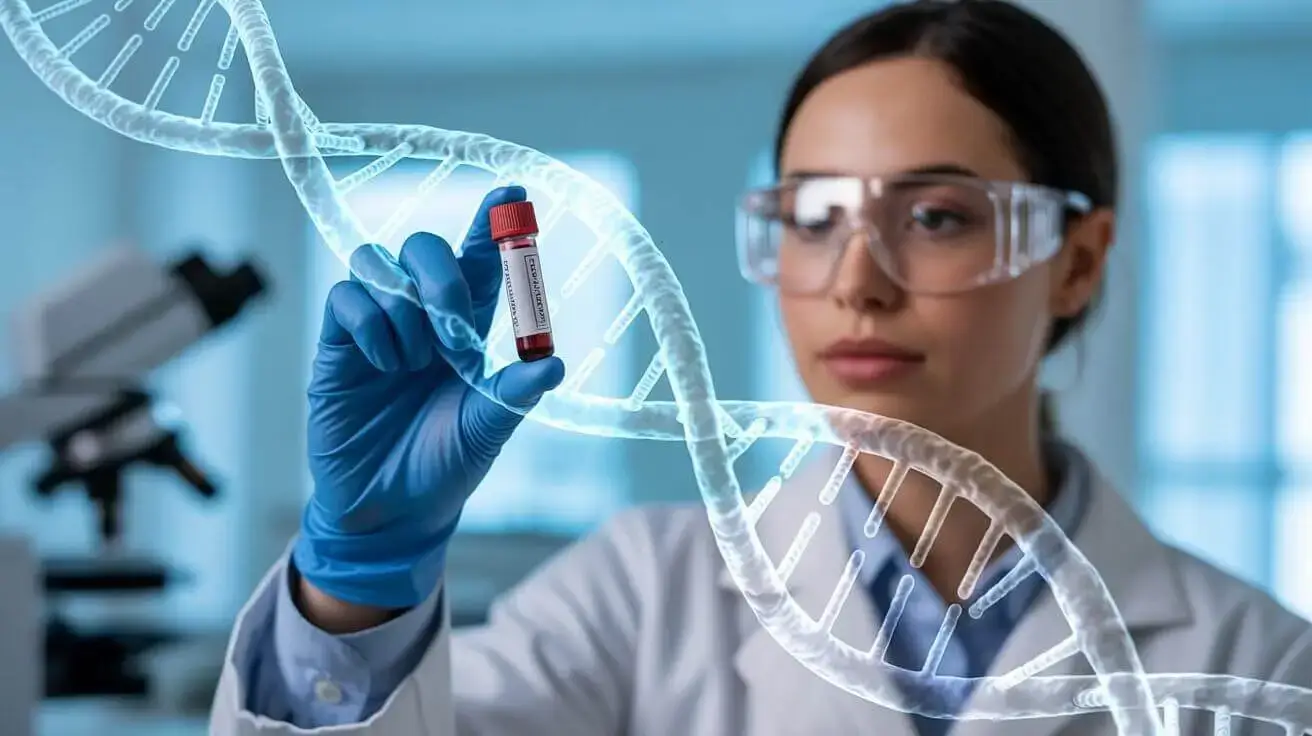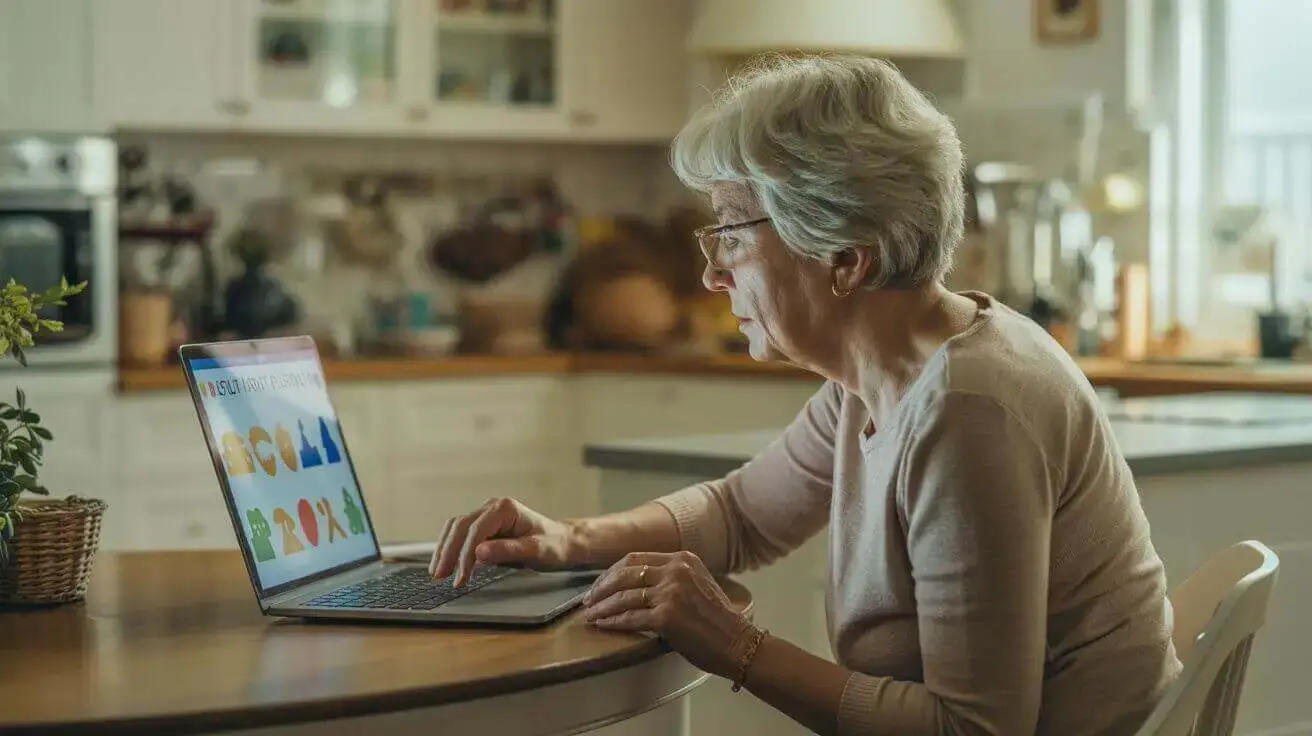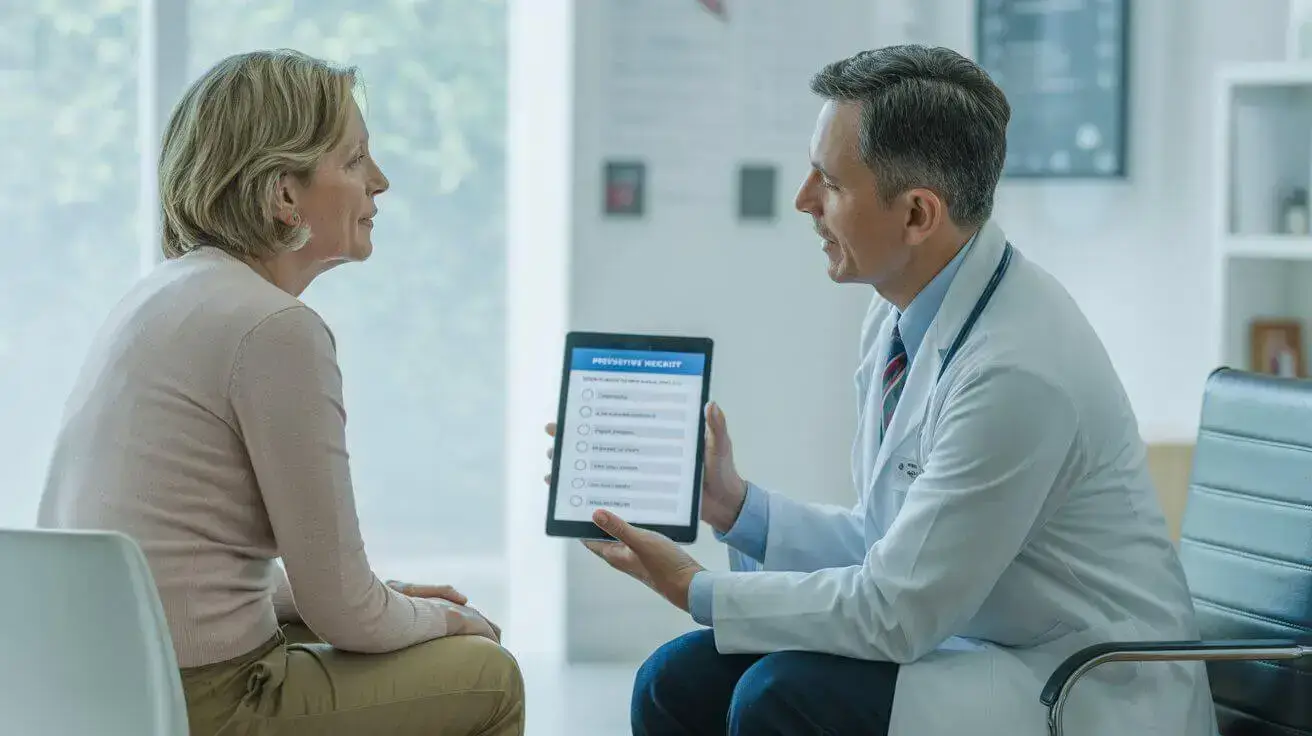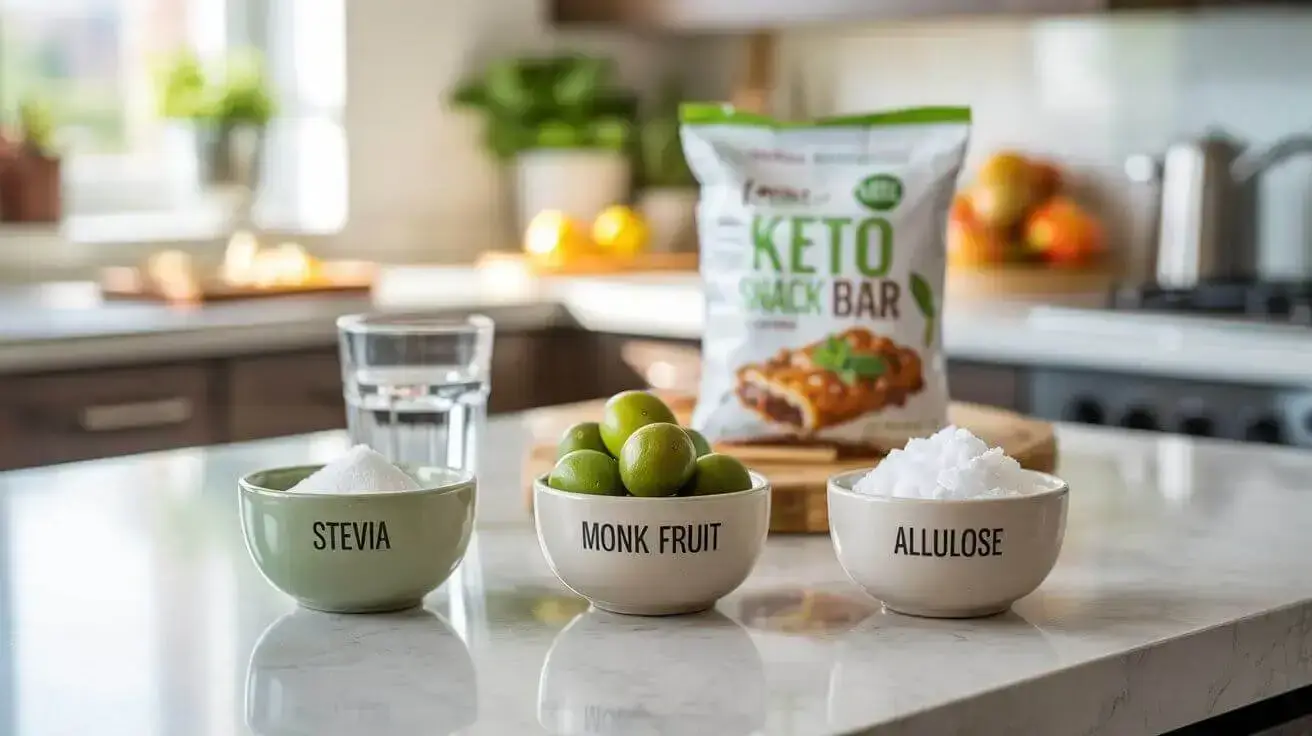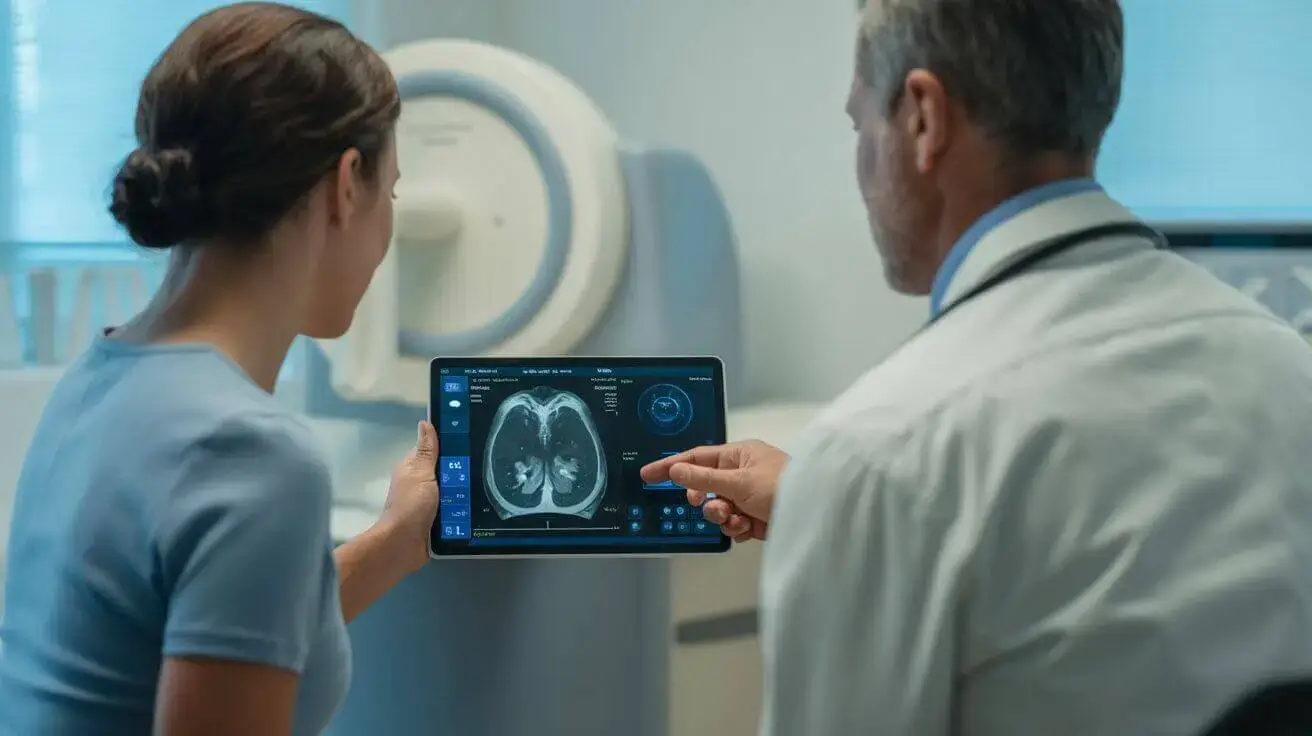Feeling bloated after meals is incredibly common—and for many people, it becomes a daily frustration. That tightness, pressure, or visible swelling after eating often has very specific causes. In most cases, bloating after eating is linked to a handful of common food triggers, digestive sensitivities, or ingredients that are harder for the gut to break down. Once you understand why this happens, it becomes much easier to reduce discomfort and enjoy meals again.
Whether you’re dealing with occasional bloating or you regularly feel bloated after eating certain foods, identifying the root cause can lead to meaningful relief.
Why Bloating After Meals Happens
Experiencing bloating after meals usually begins when the digestive system struggles to break down specific components of food. When these ingredients reach the intestines, they may ferment, draw in water, or produce gas—leading to that familiar feeling of fullness or stomach pressure after eating.
How the Digestive System Reacts to Certain Foods
When food isn’t fully digested before reaching the large intestine, gut bacteria continue the job through fermentation. This natural process creates gas. Certain foods—especially high-fiber foods, dairy, sugar alcohols, and high-FODMAP carbohydrates—produce more gas than others.
Because everyone’s digestive system is unique, what causes bloating after eating for one person may not affect another at all.
When Bloating May Signal Something More
Most bloating after meals is harmless and temporary. But if bloating becomes consistent, painful, or is accompanied by other symptoms, it may be linked to an underlying condition such as IBS, SIBO, celiac disease, or lactose intolerance. These conditions can cause the gut to react more strongly to everyday foods.
More Helpful Reads You Might Like:
The Most Common Food Triggers
Some foods are far more likely to lead to bloating after eating, especially in people who are sensitive to certain sugars, fibers, or fats.
Beans, Lentils, and High-Fiber Foods
Beans, lentils, and other legumes are well-known bloating triggers. They contain complex carbohydrates and fibers that the body has difficulty breaking down. As bacteria ferment these components, gas forms as a byproduct.
Even nutrient-dense high-fiber foods—whole grains, apples, berries, and leafy greens—can cause temporary bloating, especially if you increase fiber intake quickly. Introducing fiber gradually helps reduce symptoms.
Dairy for Sensitive Individuals
Dairy products like milk, ice cream, yogurt, and soft cheeses contain lactose. People with lactose intolerance lack enough lactase enzyme to break it down. Undigested lactose can cause bloating after meals, gas, or cramping soon after eating dairy.
Some people tolerate aged cheeses or lactose-free options better.
Fatty or Fried Meals
Meals high in fat take longer to leave the stomach, creating a heavy or full sensation. Fried foods, cream-based sauces, and high-fat meats can slow digestion and cause bloating, especially when eaten in large portions.
Artificial Sweeteners
Sugar alcohols such as sorbitol, xylitol, and mannitol—found in “sugar-free” gum, mints, protein bars, and diet snacks—can pull water into the intestines and ferment in the gut. This often leads to bloating after eating, excess gas, or loose stools.
Carbonated Drinks
Soda, sparkling water, seltzer, and carbonated energy drinks introduce additional air directly into the digestive system. For some people, this trapped air leads to bloating after meals, especially when beverages are consumed quickly or through a straw.
Cruciferous Vegetables
Broccoli, cauliflower, Brussels sprouts, and cabbage are nutritious but can be difficult to digest. Their sulfur compounds and fibers produce gas during fermentation. Cooking these vegetables may make them easier to tolerate.
When Bloating After Meals May Be Linked to a Medical Condition
Sometimes food triggers overlap with a larger digestive issue. Identifying these conditions can help you tailor your diet and prevent long-term discomfort.
Lactose Intolerance
A very common cause of bloating after eating dairy, lactose intolerance occurs when the body doesn’t produce enough lactase. Symptoms often appear soon after consuming milk, soft cheeses, or ice cream.
Celiac Disease
Celiac disease is an autoimmune reaction to gluten (found in wheat, barley, and rye). It can cause bloating after meals, diarrhea, nutrient malabsorption, and weight changes. Diagnosis requires medical testing.
Irritable Bowel Syndrome (IBS)
IBS is a functional digestive disorder that often leads to bloating after eating, particularly after high-FODMAP or spicy foods. Many people with IBS benefit from identifying trigger foods with the help of a clinician or dietitian.
Small Intestinal Bacterial Overgrowth (SIBO)
SIBO occurs when excess bacteria colonize the small intestine, causing rapid fermentation of foods. Even small meals may lead to intense bloating, pressure, and discomfort. Breath testing is typically used for diagnosis.
Practical Ways to Reduce Bloating After Meals
Making a few simple adjustments can help reduce bloating after eating and improve digestive comfort.
Food Timing and Mindful Eating
Eating slowly allows your digestive system to keep up. Smaller bites, chewing thoroughly, and avoiding talking while eating can reduce swallowed air—a common cause of bloating after meals.
Smaller, more frequent meals may also be easier on the digestive system.
How to Identify Personal Triggers
Because bloating after meals varies from person to person, keeping a food and symptom journal for two to three weeks can reveal patterns. Those with multiple triggers may benefit from guided support, especially when exploring a low-FODMAP approach.
When to Seek Medical Care
Seek medical attention if bloating becomes severe, persistent, or is accompanied by symptoms such as unintended weight loss, vomiting, persistent diarrhea, or blood in the stool.
Final Thoughts
Most people will experience bloating after meals at some point, and in many cases, it can be traced back to specific ingredients or eating habits. Whether your triggers include dairy, beans, carbonated drinks, or high-fiber foods, understanding your personal response to these foods can make daily meals far more comfortable. With small adjustments and awareness, many people find lasting relief.
Frequently Asked Questions
Why do I get bloated immediately after eating?
Immediate bloating often comes from swallowed air, carbonated drinks, or foods that ferment quickly in the gut.
What foods cause the most bloating?
Beans, dairy, cruciferous vegetables, high-fiber foods, and artificial sweeteners are among the most common bloating triggers.
How can I reduce bloating after meals quickly?
Walking, sipping warm water, gentle stretching, and avoiding carbonated drinks may help reduce bloating.
Is bloating after eating always normal?
Occasional bloating is common, but persistent or painful bloating may require medical evaluation.
Do FODMAP foods always cause bloating?
Not always. Sensitivity varies widely; some people tolerate high-FODMAP foods without any issues.
Medical Disclaimer: This content is for educational purposes only and does not replace professional medical advice, diagnosis, or treatment. Always consult a healthcare provider with questions about a medical condition.

